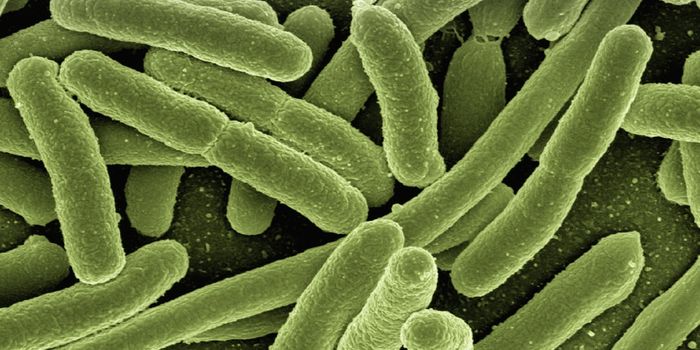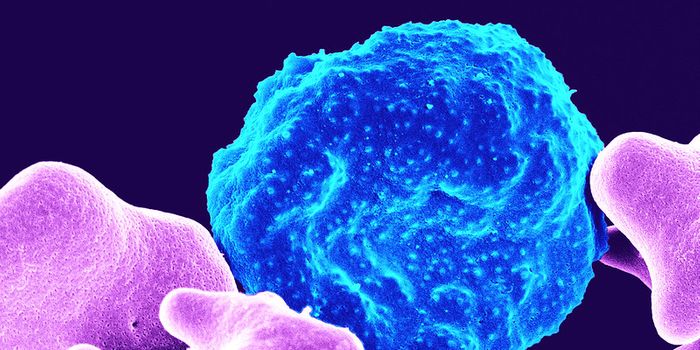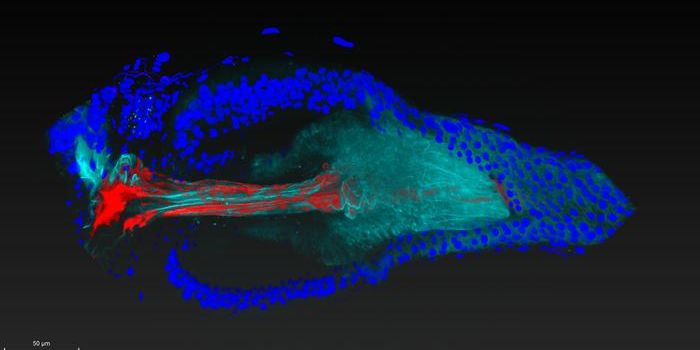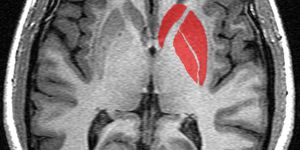University of Minnesota researchers found a new, more affordable way to treat HIV. The RNA-based drug 5-azacytidine keeps the virus at bay and is cheaper to manufacture than related DNA-based drugs.
Researchers knew that
5-azacytidine kept HIV from spreading, but weren’t sure exactly how. HIV is a
retrovirus, meaning it converts its RNA genome into DNA. The same thing happens with 5-azacytidine - HIV converts the RNA-based 5-azacytidine into a DNA form called 5-azadeoxycytidine. Once HIV incorporates 5-azadeoxycytidine into its own genome, it induces numerous mutations, stopping the virus in its tracks.
According to study author Louis Mansky, “we now understand the mechanism for how 5-azacytidine blocks HIV's infectivity through hypermutation. This information may aid in developing cheaper HIV drugs”. 5-azacytidine is already approved by the FDA to treat myelodysplastic syndrome, so there’s a good chance it could eventually receive approval to treat HIV.
“More than half of the world's HIV population is concentrated in sub-Saharan Africa where there is very limited access to HIV drugs and treatment”, says Mansky, “our study could lead to developing more cost-effective medication, which in turn could lead to new and more economical treatments for poorer, developing countries”. What’s more, 5-azacytidine may even be effective against other viruses such as Zika, Ebola, and MERs.
Sources:
Science Daily, Wikipedia









